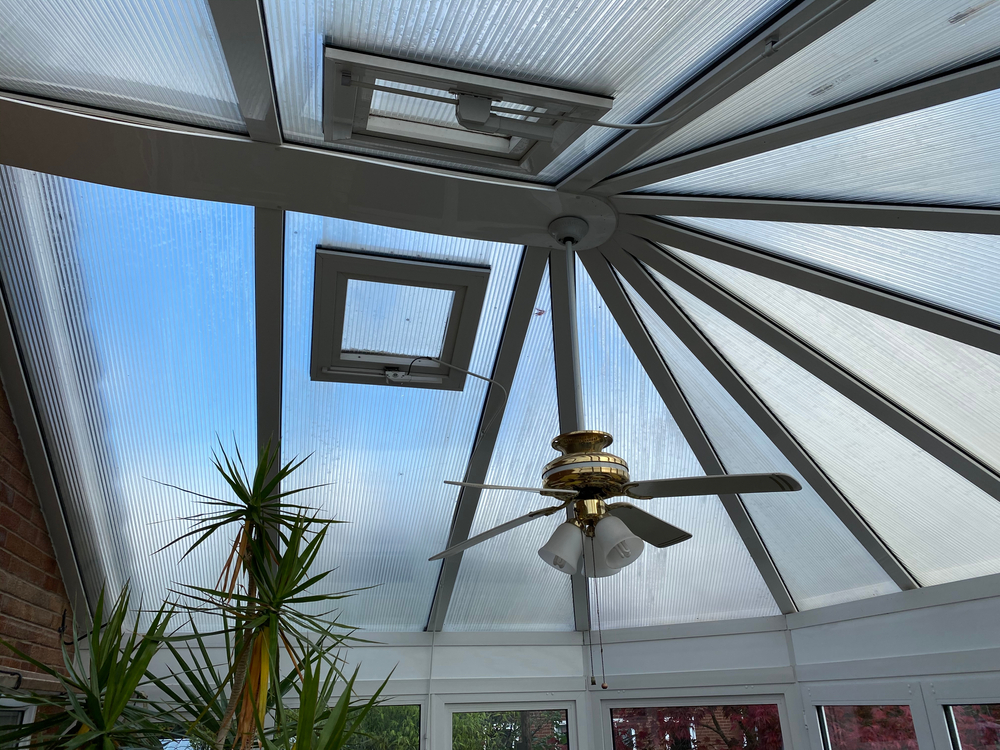A Financial Guide To Solar Panel Installation
Tired of costly monthly energy bills? Installing a solar system may go a long way toward reducing your overall energy costs. Additionally, it can boost home value, encourage sustainable practices, and increase cash flow.
Installing solar panels, however, is a costly investment. Thus, knowing the ideal financing option is crucial. This ensures you have enough money to fund the project, reducing the chances of downtime.
To help you, this article presents a financial guide to solar panel installation. Read on!
The Cost Of Solar Panels Installation
Installing a solar panel is an expensive investment. Generally, it may cost you between GBP£2500 and GBP£8000. However, the actual cost may depend on several factors, including the following:
- System Type: There are three main types of solar panels. They are thin-film, monocrystalline, and polycrystalline. If you choose a monocrystalline solar panel, expect to pay between GBP£0.84-£1.26 per watt. Polycrystalline solar cells are less efficient but more pocket friendly and may cost you between GBP£0.58-1.00 per watt.
- Home Size: If you have a bigger home, you may need to install more or larger solar panels. Thus, your installation cost will be higher than when you have a smaller home.
- Labour Cost: The labour cost for solar panel installation may vary from one location to another. Typically, there are two ways to calculate the workforce fee. The first way is to calculate per watt, usually 20 pence. The other way is to pay the team daily, ranging from GBP£300-£500 per worker.
Determining the costs for a solar panel installation is crucial for you to make the right decisions. That said, you can also consider reaching out to local suppliers and getting quotes on the average price of solar panels. This way, you'll have better knowledge to make informed decisions.
How To Finance Solar Panels Installation
There are various ways to fund this home project. Your chosen method will depend on several factors, including processing time, availability, and total savings. Here are some of these financing options for your solar panel installation you can choose from:
- Cash Financing
You can finance this home improvement project upfront with enough money in your bank. This might be ideal if you plan on staying in your current house for many years. Once you have installed solar panels, you can save on your monthly electricity bills. You can use the money saved to fund your other home projects.
Furthermore, with cash financing, you can take advantage of tax incentives. Thus, you may save some money in the long run. However, as you're coughing up more cash outright, it may take time to regain the money spent. The payback period may vary depending on several factors, including inflation. Thus, determining its payback is crucial before settling with this funding option.
- Solar Loans
Just like roofing financing options, you may also get a loan for solar system installation. You may get a solar loan if you want to avoid paying extensive upfront costs. The banks offer these loans for the sole purpose of funding solar panel installation. Thus, you'll have a reliable energy source by spending little to no money. However, note that you'll be expected to pay monthly interest over some time.
The primary benefit of solar loans is you can enjoy tax incentives like you would with cash financing. Additionally, you'll own the solar panels with little to no money down.
Nevertheless, solar loans have several downsides. For one, you'll be expected to incur cleaning and maintenance costs, even though you don't fully own them yet. Also, the high interest rate may increase your monthly spending and affect the profit margin.
As discussed above, solar loans have both advantages and disadvantages. Thus, it’s imperative to consider them before getting a solar loan. Additionally, it's crucial to identify important factors such as interest rate and credit score. These factors may affect the money you’ll repay in the long run.
- Solar Leasing
Solar leasing is an ideal financing option if you want to enjoy the benefits of a solar system with little to no upfront costs. With this, you’ll have an agreement with a solar leasing company. They’ll provide the necessary equipment and install a solar panel system into your home, giving you sustainable power in no time. In return, you’re expected to make a monthly payment to the leasing company.
The significant benefit of leasing is that you don't have to buy solar panels to use solar energy. Thus, you may save on the extensive costs of purchasing and installing a solar system. Also, you’ll benefit from professionally managed and maintained systems.
When deciding to lease a solar panel system, ensure you understand the lease terms. Additionally, inquire about the leasing period and the monthly payment. Consider contacting different solar leasing companies to ensure you get the best deal.
Conclusion
As mentioned above, solar panel installation may significantly lower your monthly energy bills. However, this is a significant investment. Thus, ensure you choose the right financing option. There are several funding plans you can choose from, including cash payment, loans, and leasing. Be sure to consider your budget and needs to select the right financing option and get a solar panel system installed in your home in no time.
Get solar panel quotes
See how we work below.

1. Tell us some details of your project
Tell us a few more details of your solar panel project and we'll put you in touch with experts in this area.
2. Tell us your UK address
We have a national network of tradesmen around the United Kingdom. Whether you are in Scotland or London, we can help.
3. Recieve a no obligation quote
You'll receive up to 4 no-obligation quotes and have a better idea of the cost of your project.


